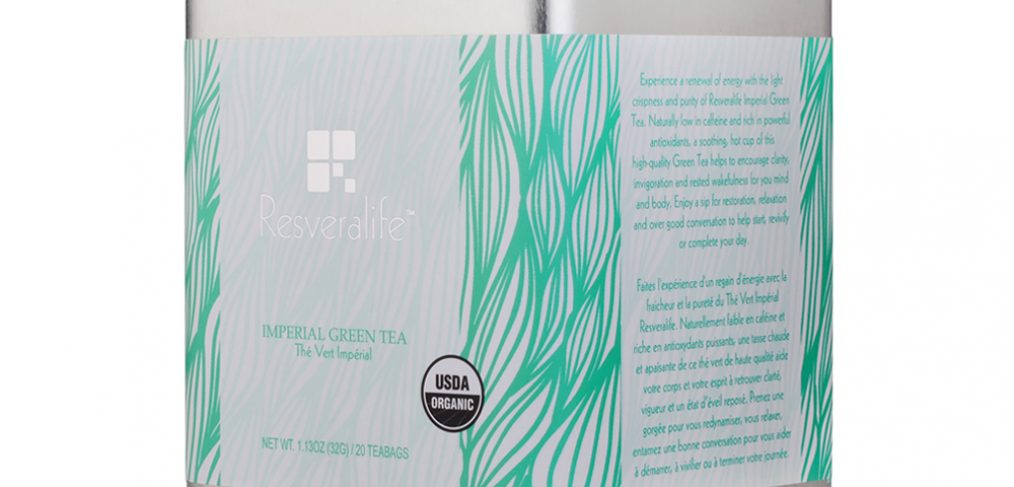
Resveratrol – All Your Questions Answered
Resveratrol – All Your Questions Answered
Resveratrol, a compound that is commonly found in red wine and in the skin of red grapes, is considered to be highly beneficial for the human body. It has emerged as the champion of the skin care industry because of its diverse benefits. As a result, it is found in all sorts of skin care creams and products. According to recent studies conducted by the Harvard Medical School, Resveratrol helps to activate the SIRT-1 gene which helps to prolong life. Most Resveratrol supplements are derived from Japanese Knotweed or red grapes. Other sources of Resveratrol include red wine, berries and nuts. We have been bombarded with questions pertaining to Resveratrol, its uses and its effects. To help you clear all your doubts about this wondrous compound, we have come up with this weekly Resveratrol FAQ Section where all your questions about Resveratrol are answered.
Why not just drink red wine for Resveratrol?
The effects of Resveratrol are considered to be dose related. Red wine might be a source of Resveratrol, but it does not contain a significant amount of the compound to bring about any noticeable changes. Moreover, the concentration varies tremendously from one wine to the other. As a result, it can be a very unreliable source of Resveratrol. According to a study conducted by David Sinclair, you would require about 100 glasses of red wine to get the wondrous benefits offered by Resveratrol and this is likely to cause you more harm than good.
What does Resveratrol exactly do?
Resveratrol helps in preventing age related deterioration. According to studies that have been performed on lab mice, Resveratrol is known to have a number of benefits such as preventing certain types of cancer, increasing bone health, aiding in weight loss, improving the collagen and elastin production ratio, preventing Type 2 diabetes and preventing heart diseases. Resveratrol is also known to be a powerful antioxidant and an anti-inflammatory. Lastly, it helps in keeping blood vessels open and prevents blood clots.
How is Resveratrol metabolized in the body?
Once absorbed in your gut, Resveratrol passes through the liver and gets attached to thesulfate or glucuronate molecules, which help in prolonging its effect. Topical applications of Resveratrol help in preventing degradation and oxidation of Resveratrol into cis-Resveratrol, the inactive version of the compound.



